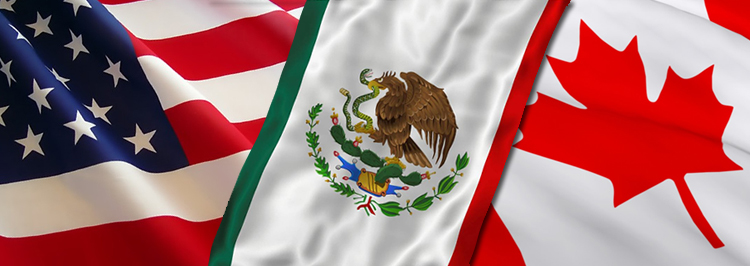MEXICO CITY – Negotiators have made progress on automotive rules of origin, state-to-state dispute settlement and a review mechanism during the seventh round of North American Free Trade Agreement talks here, though the U.S. continues to refuse to back down from some of its more controversial proposals, according to sources familiar with the negotiations.
[ Brett Fortnam |March 2, 2018 | Inside US Trade]
The U.S. has, however, agreed to include a stand-alone energy chapter, easing off its insistence that provisions on energy could be addressed in other parts of the agreement.
News that the chief U.S. rules-of-origin negotiator flew back to Washington, DC, last week was described by a source here as “outside noise” that had not impeded talks on ways to tighten auto rules of origin. Negotiators believe U.S. Trade Representative Robert Lighthizer’s recall of the negotiator was not a negative development in the talks, but rather an indication that USTR needed a technical expert in stakeholder meetings in Washington, sources said – some of whom interpreted the move as a sign that USTR was listening to other negotiating positions.
U.S. negotiators all engaged on ideas that Canada put forward on rules of origin in Montreal, sources said. All three parties discussed elements of Canada’s approach, which included focused tracking lists, incentives for research and development, investment, and incentives to ensure more regional steel and aluminum was used in vehicles.
The U.S. engagement comes despite Lighthizer’s through rejection of Canada’s ideas at the close of the Montreal round in January, where he said they “may actually lead to less regional content than we have now, fewer jobs in the United States, Canada and likely Mexico.”













